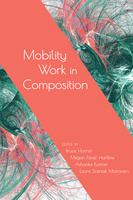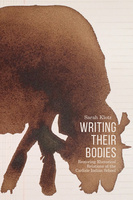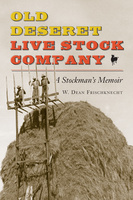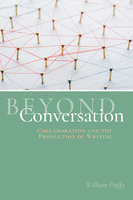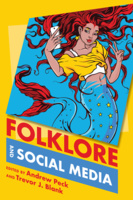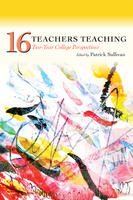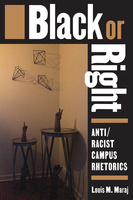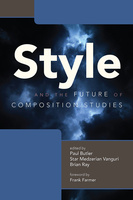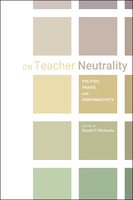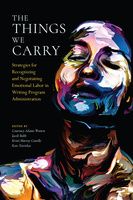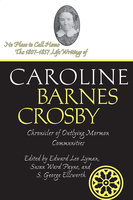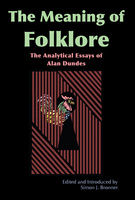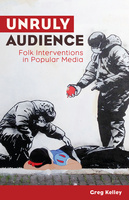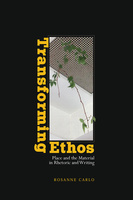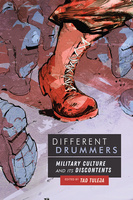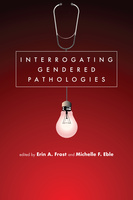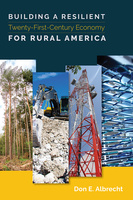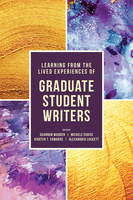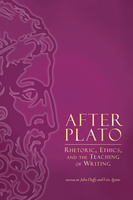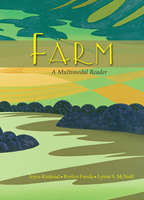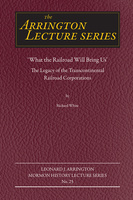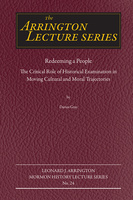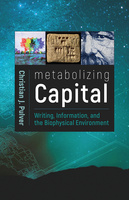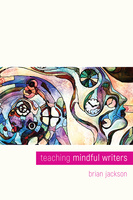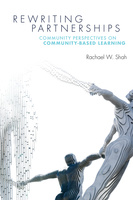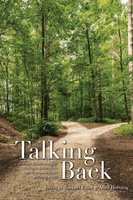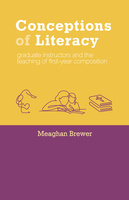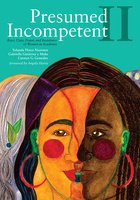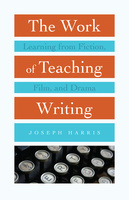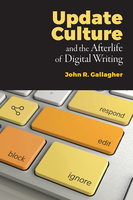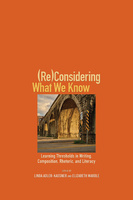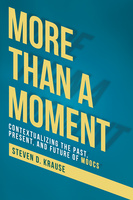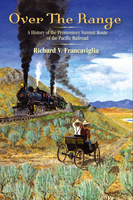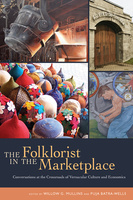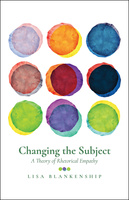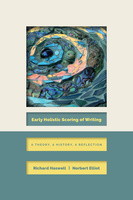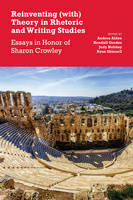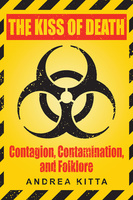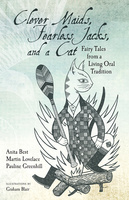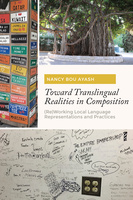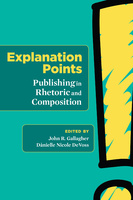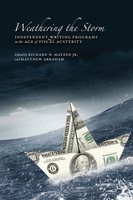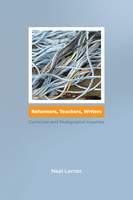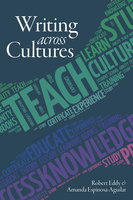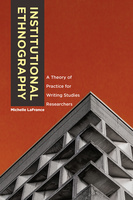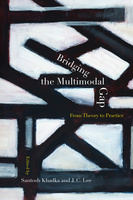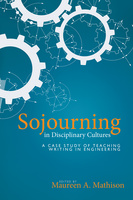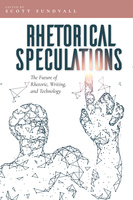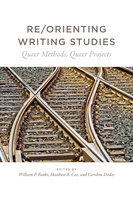Mobility Work in Composition
Mobility Work in Composition explores work in composition from the framework of a mobilities paradigm that takes mobility to be the norm rather than the exception to a norm of stasis and stability.
Mapping Racial Literacies
College Students Write about Race and Segregation
Based on a mixed methods study of students’ writing in a first-year-writing course themed around racial identities and language varieties at St. John’s University, Mapping Racial Literacies shows college student writing that directly confronts lived experiences of segregation—and, overwhelmingly, of resegregation.
Writing Their Bodies
Restoring Rhetorical Relations at the Carlisle Indian School
Writing Their Bodies analyzes pedagogical philosophies and curricular materials through the perspective of written and visual student texts created during the school’s first three-year term.
Beyond Conversation
Collaboration and the Production of Writing
Collaboration was an important area of study in writing for many years, but interest faded as scholars began to assume that those working within writing studies already “got it.” In Beyond Conversation, William Duffy revives the topic and connects it to the growing interest in collaboration within digital and materialist rhetoric to demonstrate that not only do the theory, pedagogy, and practice of collaboration need more study but there is also much to be learned from the doing of collaboration.
Folklore and Social Media
Ten years after the publication of the foundational edited collection Folklore and the Internet, Andrew Peck and Trevor J. Blank bring an essential update of scholarship to the study of digital folklore, Folklore and Social Media.
Sixteen Teachers Teaching
Two-Year College Perspectives
Sixteen Teachers Teaching is a warmly personal, full-access tour into the classrooms and teaching practices of sixteen distinguished two-year college English professors.
Black or Right
Anti/Racist Campus Rhetorics
Black or Right: Anti/Racist Campus Rhetorics explores notions of Blackness in white institutional—particularly educational—spaces.
Style and the Future of Composition Studies
Style and the Future of CompositionStudies explores style’s potential for informing how students are taught to write well and its power as a tool for analyzing the language and discourse practices of writers and speakers in a range of contexts.
On Teacher Neutrality
Politics, Praxis, and Performativity
On Teacher Neutralityexplores the consequences of ideological arguments about teacher neutrality in the context of higher education.
The Things We Carry
Strategies for Recognizing and Negotiating Emotional Labor in Writing Program Administration
Emotional labor is not adequately talked about or addressed by writing program administrators. The Things We Carry makes this often-invisible labor visible, demonstrates a variety of practical strategies to navigate it reflectively, and opens a path for further research.
No Place To Call Home
The 1807-1857 Life Writings of Caroline Barnes Crosby, Chronicler of Outlying Mormon Communities
Meaning of Folklore
The Analytical Essays of Alan Dundes
Unruly Audience
Folk Interventions in Popular Media
Unruly Audience explores grassroots appropriations of familiar media texts from film, television, stand-up comedy, popular music, advertising, and tourism.
Transforming Ethos
Place and the Material in Rhetoric and Writing
In Transforming Ethos Rosanne Carlo synthesizes philosophy, rhetorical theory, and composition theory to clarify the role of ethos and its potential for identification and pedagogy for writing studies.
Different Drummers
Military Culture and Its Discontents
Different Drummers explores the disjunction between organizational solidarity and individual pushback in military organizations, examining how members of the armed forces express ambivalent attitudes about their service.
Interrogating Gendered Pathologies
Interrogating Gendered Pathologies points out and critiques unjust patterns of pathology.
Building a Resilient Twenty-First-Century Economy for Rural America
In Building a Resilient Twenty-First-Century Economy for Rural America, Don E. Albrecht visits rural communities that have traditionally been dependent on a variety of goods-producing industries, explores what has happened as employment in these industries has declined, and provides a path by which they can build a vibrant twenty-first-century economy.
Learning from the Lived Experiences of Graduate Student Writers
A timely resource for understanding and resolving some of the issues graduate students face, particularly as higher education begins to pay more critical attention to graduate student success.
After Plato
Rhetoric, Ethics, and the Teaching of Writing
Explores the diversity of ethical perspectives animating contemporary writing studies and examines the place of ethics in writing classrooms, writing centers, writing across the curriculum programs, prison education classes, and other settings.
"What the Railroad Will Bring Us"
The Legacy of the Transcontinental Railroad Corporations
In volume 25 of the Arrington Lecture Series, Richard White discusses the transcontinental railroad’s impact on Utah’s environment, culture, and political atmosphere.
Redeeming a People
The Critical Role of Historical Examination in Moving Cultural and Moral Trajectories
In volume 24 of the Arrington Lecture Series, Darius Gray, who joined the LDS Church in 1964, marks the history of the years that preceded the leadership of the LDS Church’s revelation allowing all worthy male members, regardless of race, to receive the priesthood.
Metabolizing Capital
Writing, Information, and the Biophysical Environment
Metabolizing Capital outlines a critical ecological framework to guide the theorization of writing and rhetoric in the dynamic contexts of Web 3.0 and environmental crisis.
Teaching Mindful Writers
Teaching Mindful Writers introduces new writing teachers to a learning cycle that will help students become self-directed writers through planning, practicing, revising, and reflecting.
Rewriting Partnerships
Community Perspectives on Community-Based Learning
Rewriting Partnerships offers concrete strategies for creating more community-responsive partnerships at the classroom level as well as at the level of program and research design.
Talking Back
Senior Scholars and Their Colleagues Deliberate the Past, Present, and Future of Writing Studies
In Talking Back, a veritable Who’s Who of writing studies scholars deliberate on intellectual traditions, current practices, and important directions for the future.
Conceptions of Literacy
Graduate Instructors and the Teaching of First-Year Composition
Conceptions of Literacy proposes a theoretical framework for examining new graduate student instructors’ preexisting attitudes and beliefs about literacy.
Presumed Incompetent II
Race, Class, Power, and Resistance of Women in Academia
The courageous and inspiring personal narratives and empirical studies in Presumed Incompetent II name formidable obstacles and systemic biases that all women faculty encounter in their higher education careers.
The Work of Teaching Writing
Learning from Fiction, Film, and Drama
Joseph Harris explores how the work of teaching writing has been depicted in novels, films, and plays to reveal what teachers can learn from studying not just theories of discourse, rhetoric, or pedagogy but also accounts of the lived experience of teaching writing.
Update Culture and the Afterlife of Digital Writing
Eexplores “neglected circulatory writing processes” to better understand why and how digital writers compose, revise, and deliver arguments that undergo sometimes constant revision.
(Re)Considering What We Know
Learning Thresholds in Writing, Composition, Rhetoric, and Literacy
(Re)Considering What We Know raises new questions and offers new ideas that can help to advance the discussion and use of threshold concepts in the field of writing studies.
More than a Moment
Contextualizing the Past, Present, and Future
Steven D. Krause explores MOOCs and their continuing impact on distance learning in higher education, putting them in the context of technical innovations that have come before and those that will be part of the educational future.
Over the Range
A History of the Promontory Summit Route of the Pacific Railroad
The Folklorist in the Marketplace
Conversations at the Crossroads of Vernacular Culture and Economics
Changing the Subject
A Theory of Rhetorical Empathy
Early Holistic Scoring of Writing
A Theory, a History, a Reflection
Exploring the possibility of actionable history, Early Holistic Scoring of Writing reconceptualizes writing assessment. Here is a new history that retells the origins of our present body of knowledge in writing studies.

